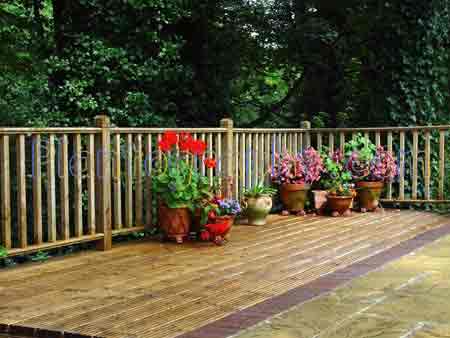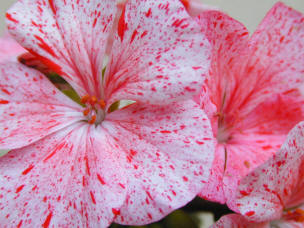Misting of Houseplants - Indoor Plants
Misting of houseplants indoors probably does more good to the 'mister' - or perhaps 'Mist-ress' than to the plant.
If it makes you feel good, then go ahead and do it! If you think that you are raising the humidity level in the air around the plant, then yes - for 3 or 4 minutes until the atomised spray evaporates!
The rest of the day, the plant will have to fare for itself!
There are certain plants which benefit from regular misting at flowering time - to assist pollination and fruit set. Other than those, misting is a waste of time insofar as trying to raise humidity levels is concerned.
For misting to have any effect, it will need to be carried out every few minutes or so! The prime reason given for regular misting of houseplants, is 'to raise the humidity levels. Twaddle!
Any minute particles of water soon evaporate and dissipate into the surrounding air in the room. There is no substantial benefit to the plant. Humidity levels can be checked by the purchase of a hygrometer from a good garden centre.
The humidity levels in specialist houseplant growing nurseries is attained either by damping down the paths etc with a hose, several times a day. (Not suitable for the living room) or by automatic misting equipment that keeps the humidity levels at somewhere between 40 - 60%.
Plants that need high humidity normally come from rain or cloud forest areas. This atmosphere cannot be replicated by a daily misting.
The argument that it will raise humidity levels and deter Red Spider Mite is also not to be taken too seriously. red spider is prevalent outdoors in the UK - so it will be well able to combat the odd shower!
Far from being beneficial, misting can be harmful to some houseplants - African violets, Streptocarpus and other 'downy' leaved plants will suffer. It also turns dust particles on leaves into a 'cement' clogging up the pores of leaves!
In hard water areas, a chalky deposit is also left on the foliage.
So, if waltzing around with your mister makes you feel good - confine it to the dance floor!
Houseplants can greatly benefit from misting, as it can help to increase the humidity levels around them, which is particularly beneficial for plants that thrive in a humid environment. Here's a detailed list of such houseplants:
- Bromeliads: These tropical plants benefit from misting due to their unique way of taking in nutrients and moisture via special cells that absorb the mist. They prefer high humidity and indirect sunlight. Misting should be done once or twice a week depending on the dryness of the environment.
- Begonia: These plants also thrive in a humid environment and misting them helps to replicate their natural habitat. They should be misted every other day and placed in bright, indirect light.
- Croton: Crotons are vibrant houseplants that appreciate misting. They should be kept in bright but indirect light and misted approximately twice a week.
- Caladium: Known for their colorful foliage, Caladiums enjoy high humidity and should be misted every other day. They should be kept in low to medium indirect light.
- Pilea: These plants, also known as Chinese Money Plants, like a humid environment and benefit from regular misting. They should be kept in bright, indirect light and misted every two to three days.
- Arrowhead plant: This plant prefers high humidity and should be misted every other day. It thrives in medium to bright indirect light.
- Dwarf umbrella tree: This plant appreciates misting and should be kept in bright, indirect light. Misting can be done every other day.
- Banana plant: Banana plants need high humidity and lots of light. They should be misted daily during the growing season.
- Ctenanthe: This plant benefits from misting and prefers bright, indirect light. Misting can be done every two to three days.
- Corn plant: Corn plants need moderate humidity and can be misted once or twice a week. They do well in low to medium light.
- Peace lily: Peace lilies enjoy high humidity and should be misted every other day. They thrive in low to medium indirect light.
- Philodendron: These plants like a humid environment and benefit from regular misting. They should be kept in bright, indirect light and misted every two to three days.
- Ferns: Ferns love high humidity and should be misted daily. They do well in low to bright indirect light.
- African violets: These plants appreciate high humidity and should be misted every other day. They thrive in bright, indirect light.
Misting helps to increase the humidity around these plants, hydrating their leaves, cooling them down in warm temperatures, and regulating water absorption. However, it's important to note that over-misting can lead to issues like fungal infections, so it's crucial to monitor the plants closely and adjust misting practices accordingly.
Best Selling Gardening Products
Popular Gardening Sections
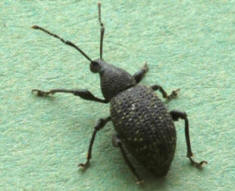
Problems
Identify Weeds in The Garden - How to deal with weeds. Diseases and Pest which harm your garden and plants, learn how to prevent, deter and erradicate your garden problems.
Garden Problems
Pruning
Pruning Guide. Shrubs flower better with correct pruning. Many illustrations and examples of what to do - and when. Includes evergreens, roses, flowering shrubs, spring flowering shrubs and pruning for stem effect. This is our most viewed and comprehensive section,
Pruning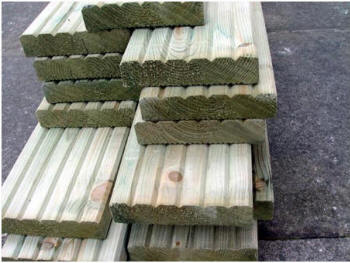
Gardening Businesses
Gardening Businesses listed in the UK counties and USA states. County and State Listings of businesses involved in Garden supplies and services. If you wish to be added to the Directory, please send us your information. Having problems, use the search box
Businesses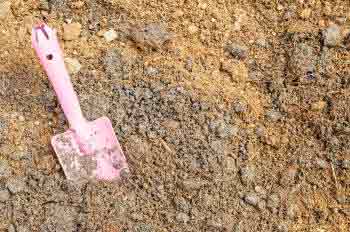
Gardening
In this section you will learn about Gardening Basics, Containers, Landscaping, Propagation and Soil.
Gardening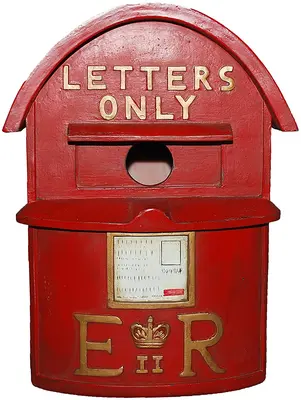
Gardening Gifts
Gardening Gifts and Reviews, Read Before you Buy
- Gardening Gifts Ideas
- Gifts For Her
- Gifts For Men
- Power Tool Gifts
- Cheap Gifts
- Personalised Gifts
- Wildlife Gifts
- Family Gifts

